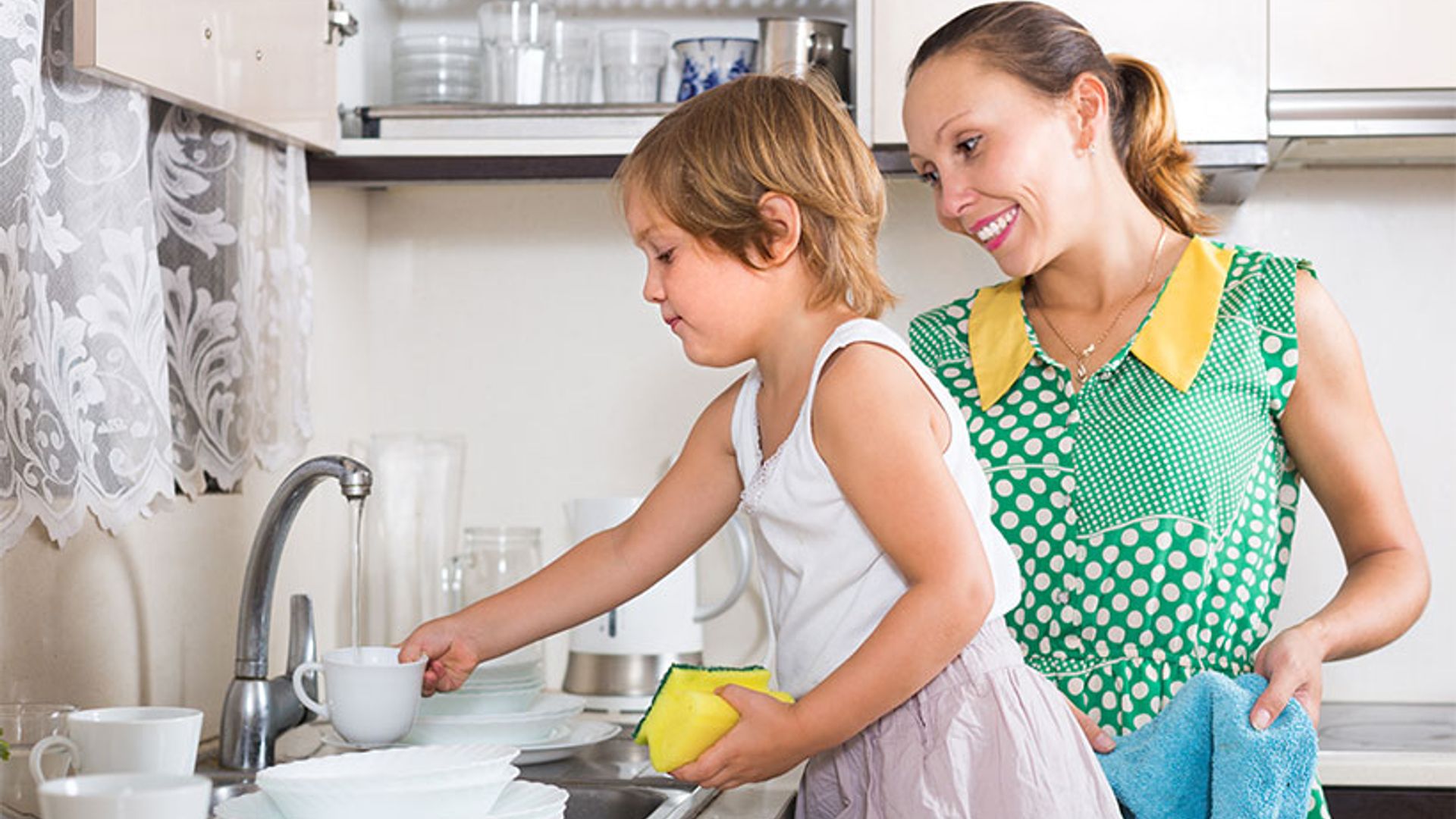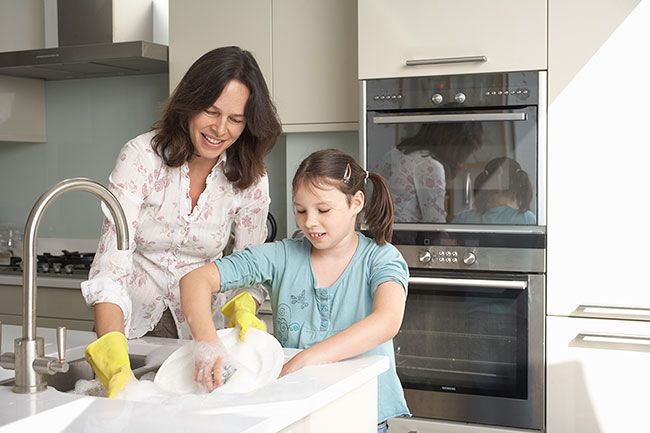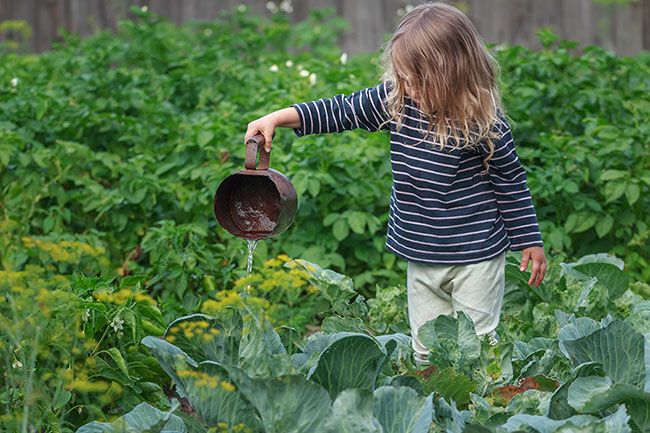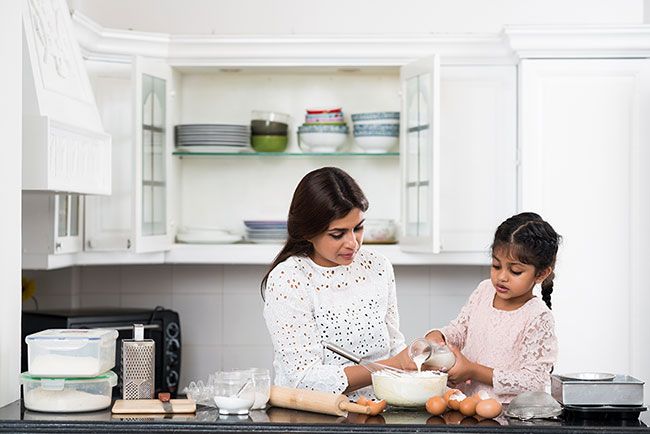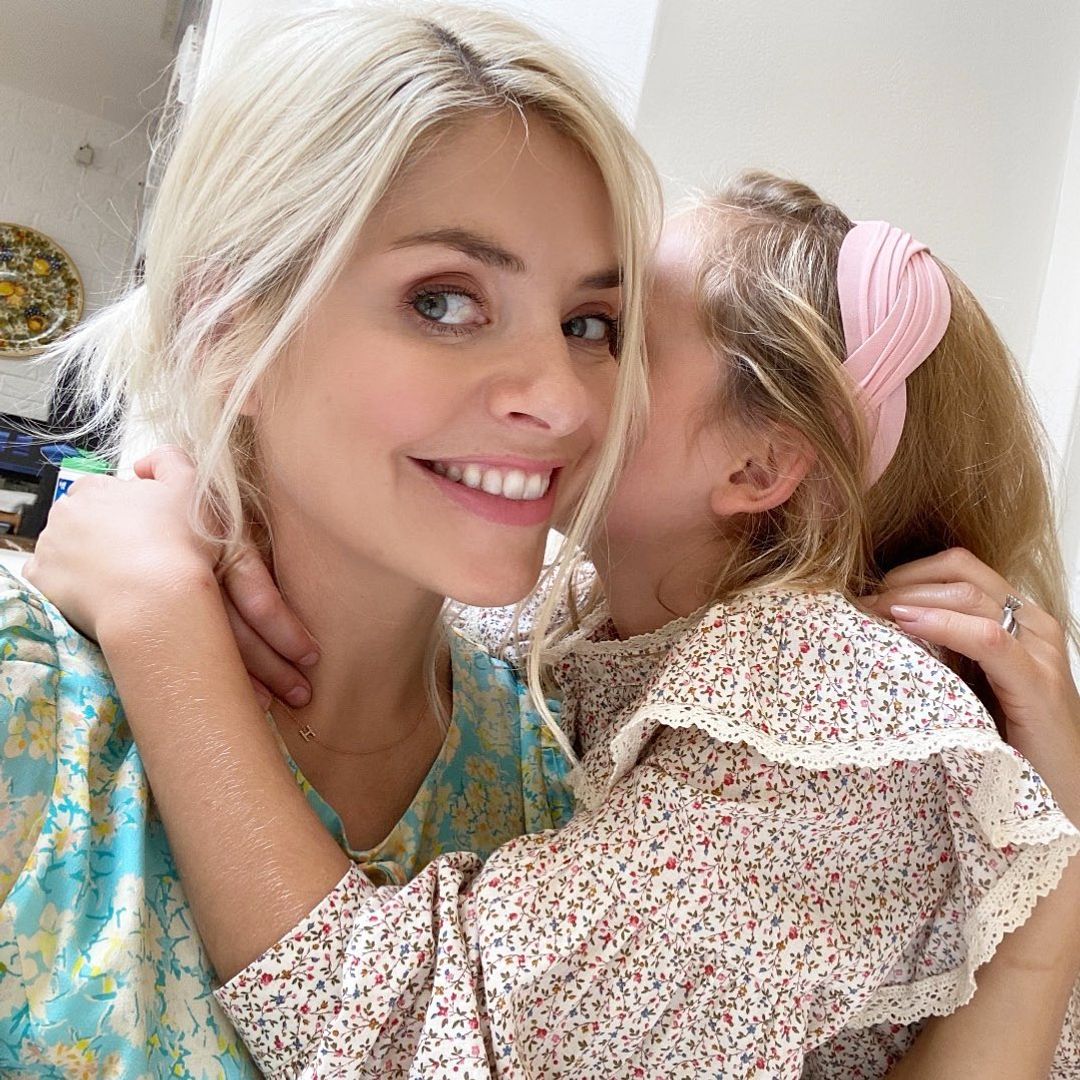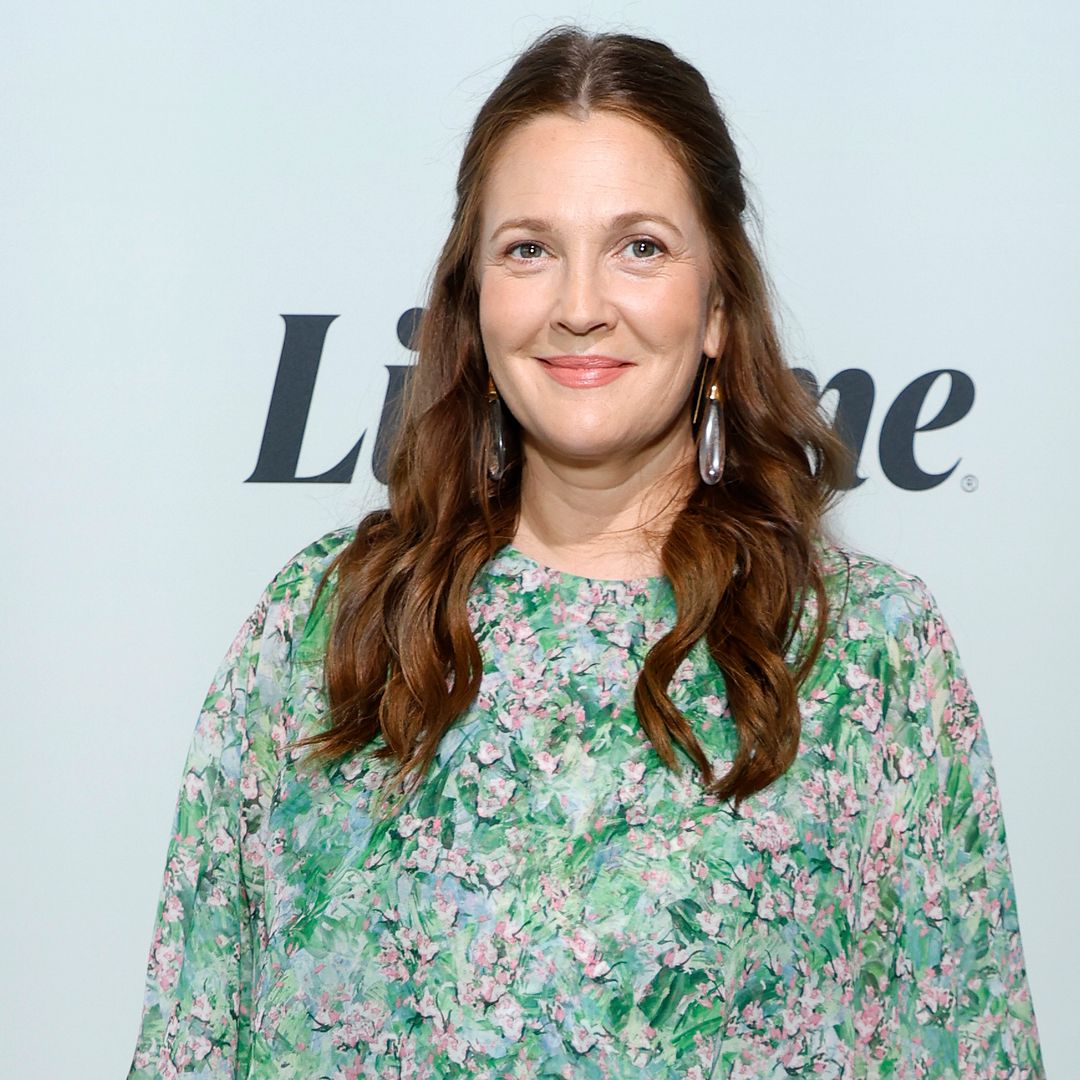Getting your children to help around the house could actually be giving them a boost in their development! From loading the dishwasher to putting their toys away, there are easy household tasks that can teach them important life lessons about responsibility and tidiness – but sometimes it can be tricky to judge what is an age-appropriate chore to set your little one.
HELLO! Online turned to parenting expert Naomi Richards - (The Kids Coach) Life Coach for Children and author of The Parent's Toolkit – to get her top tips and guide on what household tasks are the best to set for your children depending on their age. The parenting guru suggests adding in a few tasks at a time, to ease your kids into the process – and she recommends waiting until they are at least three years old.
Check out her guide to teaching children responsibility with easy household tasks below…
Naomi Richard shares her parenting tips for setting your kids household tasks
Children aged 3-6 years oldSuggested tasks: putting toys away after playing, putting their coats and shoes away
"The benefits of these tasks is that the child learns that they need to put things away after they have used or played with them so others won't trip over them," Naomi explains. "They will also learn tidiness – they learn everything has a place within the home so that they can easily be found again. These tasks are easy introductory tasks for helping others and looking after their belongings."
Helping to water the plants can teach them responsibility
Children aged 6-9 years oldSuggested tasks: make their bed, get clothes out for the day, lay the table, get their school bag ready, water the plants
"The benefits of doing these chores are about doing things for themselves so that others don't have to do it for them," says Naomi. "By doing them, they are taking responsibility for their belongings and learning how to be organised." It's also a great way for children to learn time management; "If they get their clothes out the night before, they have more time in the morning for other things," she explains. "If they lay the table, they are being helpful to the other family members and saving them time."
She adds: "Making their bed promotes tidiness and doing something for themselves. It can help them to feel good about themselves as they did it even if it does not look the same as when you do it! Watering and caring for the plants teaches them about looking after something that is not themselves; children this age can start to learn that a family needs everyone to work together."
9-12 year olds can start helping you to prepare dinner
Children aged 9-12 years oldSuggested tasks: loading the dishwasher, drying up, writing the shopping list with you, helping to prepare dinner
"These chores are more advanced as children are capable of doing more and taking more responsibility," Naomi reveals. "They can learn how to help more around the house, again helping others with loading the dishwasher or drying up." Adding more responsible tasks such as helping to write the weekly shopping list can also make them more aware of their surroundings.
MORE: Click here for other parenting tips
"Writing the shopping list with you promotes them thinking about what is needed in the house," she clarifies. "Instead of taking for granted – such as that toilet rolls and milk just happen to be there - they have to think about everything that needs to be bought so that they have food and household goods stocked."
Cooking is also a great confidence-boosting task – and could help them discover a new hobby. "Helping you prepare dinner gets them to use their motor skills in chopping, slicing etc, as well as seeing what ingredients get used to make dishes, and it could develop their interest in cooking," she explains. "They will be able to learn simple dishes and snacks for the future. The other benefit is that you get to spend time with them too having fun!"
